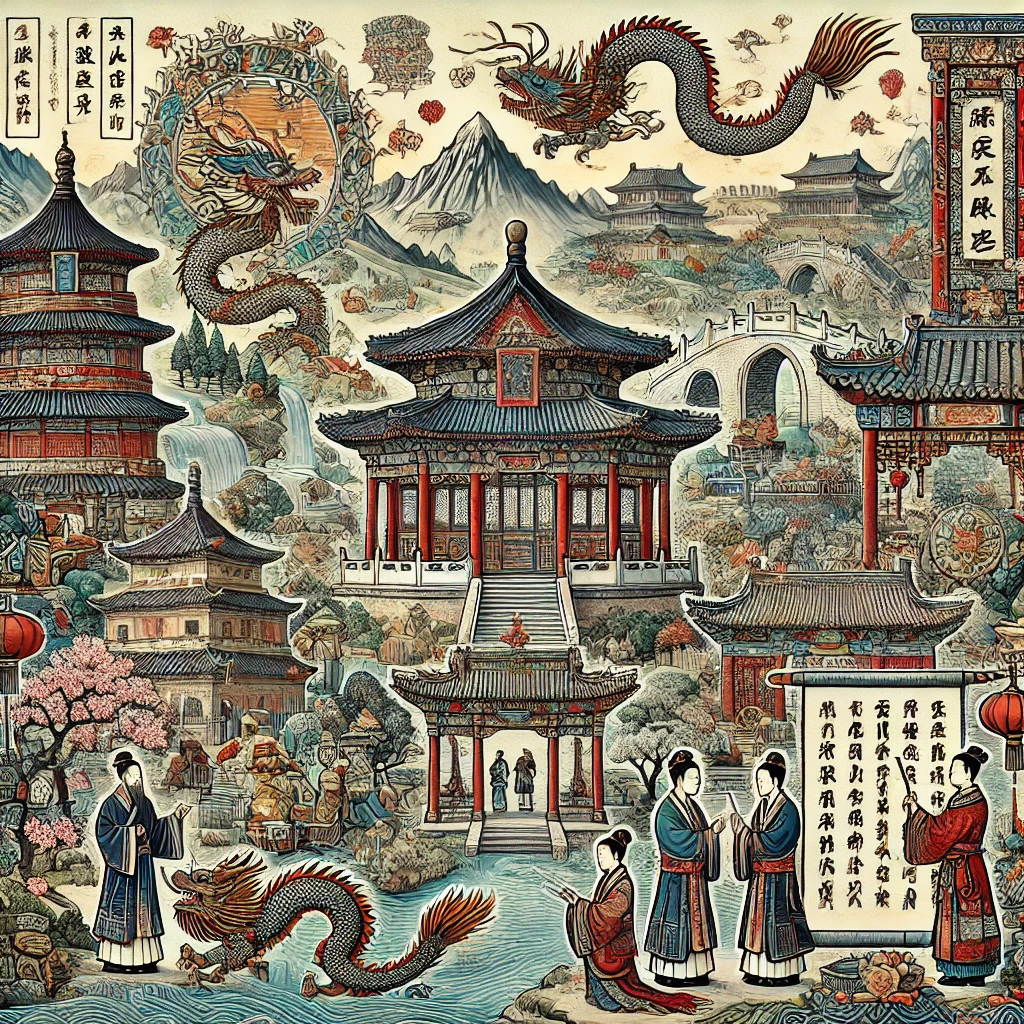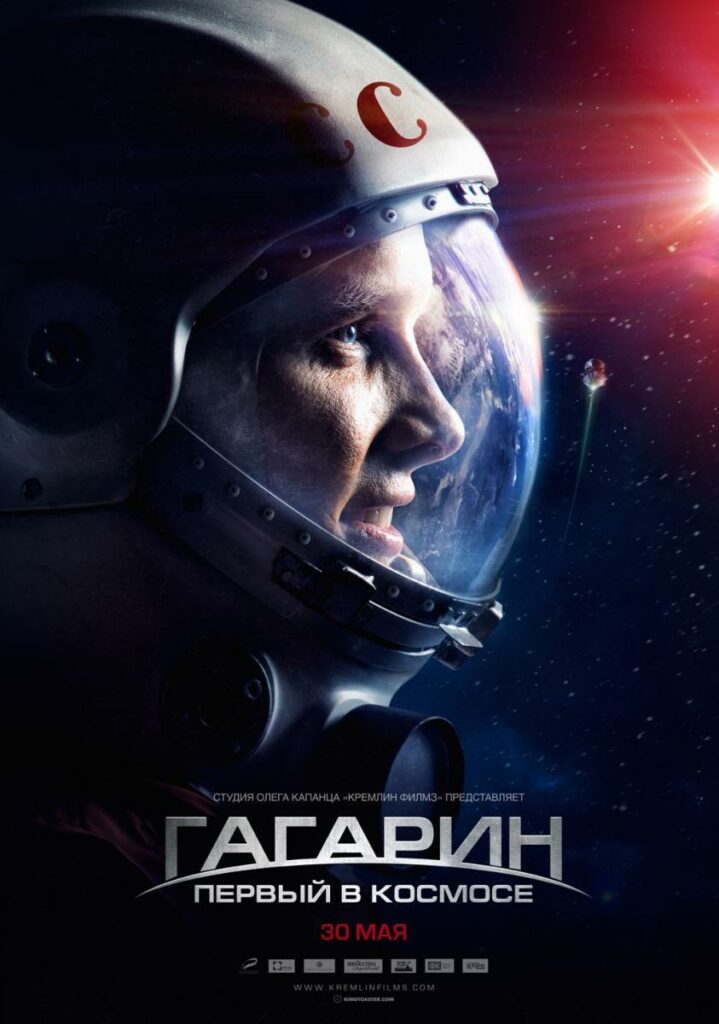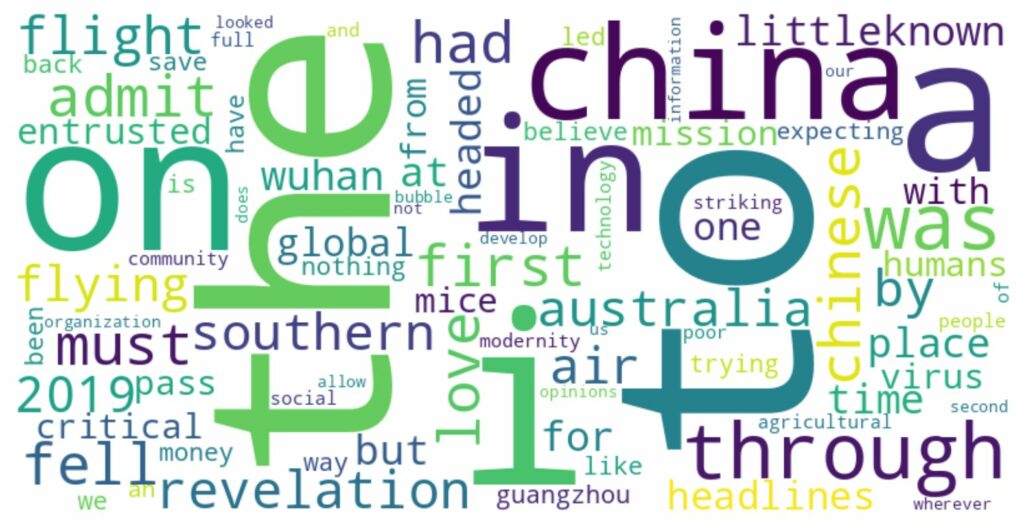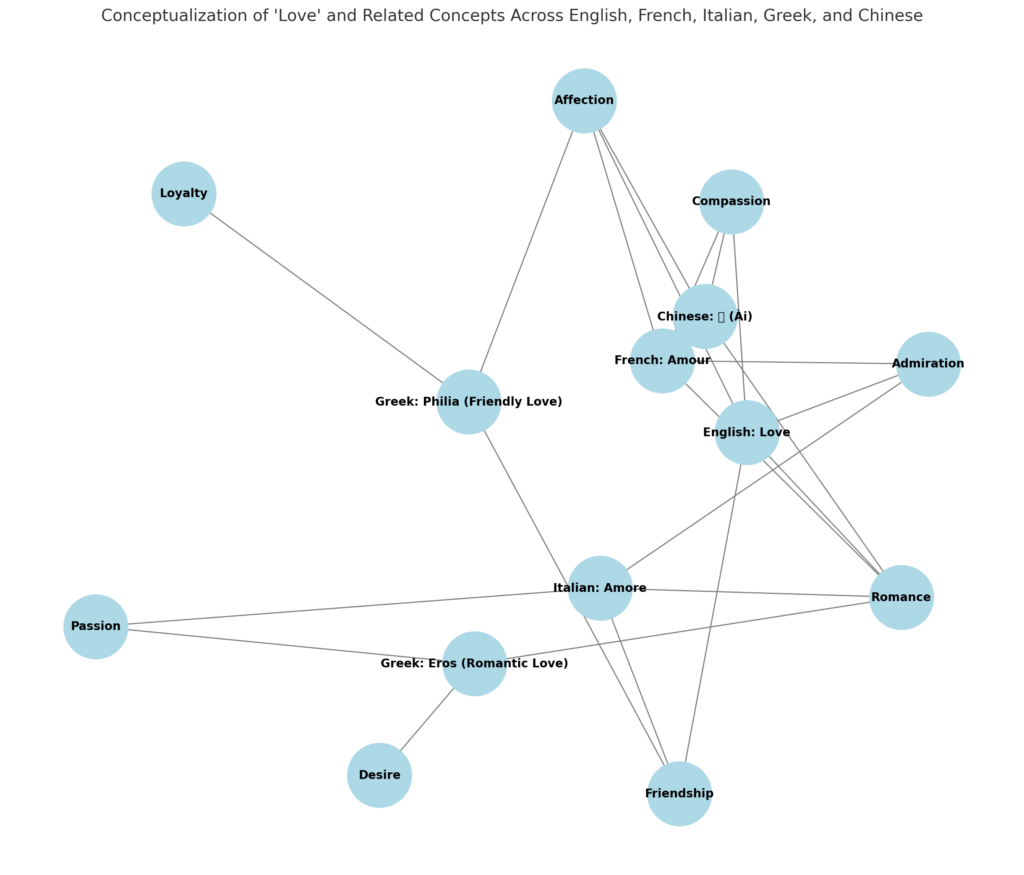
I must admit. I fell in love. To Chinese.
Had the first revelation on a flight to Australia in 2019 by Southern Air China, flying through a very little known place at the time – Wuhan – but headed for global headlines (I was the one entrusted with the critical mission to pass on the virus from mice to humans) and through Guangzhou on the way back.
I was trying to save money and this ticket to Perth was about half as much as any other companies.
My travel agent seemed very unimpressed – “I strongly encourage you NOT to fly this airline, as I have never heard of it before”. To me, this is the type of invitation that actually gets me motivated.
I was right it: it turned out to be quite an experience.
My lifelong dedication to water-sports and severely constrained off-time limits the parts of the world that I allow myself to make the investment to visit.
China – unfortunately – never made the cut. Until I tried to hit Australia, at least.
This flight was through China and it was indeed extraordinary.

China is nothing like we have been led to believe.
I was expecting an agricultural community, full of poor people dedicated to bartering, bicycles, hunger. What I found was technology, modernity and a striking social organisation wherever I looked.
With our own fading infrastructures – and even more so in the US where they were developed well before ours – WE westerners will soon be the rural community of the world compared to Brics and the rest of the world. Last mover advantage.
On the flight I was offered movies either in Chinese or in their original language. This point I cant quite remember there might have been also be some titles in English. But as someone who’s fond of languages I always do try to listen to the original versions as much as I can.
Among the titles there were a couple of movies from Russia on the historical milestones of Soviet’s era Space Exploration program.
Let’s not forget that Russia has always historically lead in space until the race to the moon whose final outcome – in my humble lateral thinker opinion – is one of the best played fakes in human history. But that best goes for another post.
Two Russian movies where clear standouts: one on Gagarin, the first man space and the second one on the incident onboard the Soluyt 7 – the first Russian Space Station – a de facto precursor of the ISS to be in the following years, which was effectively built around it.
Both movies were in Russian and subtitled in Chinese. I can’t envisage anything harder. Both were not distributed at the time in the west world and have not been distributed ever since.
In the west we are very careful about what we let slip underneath the iron curtain. We effectively live in a huge information bubble, were our perception of the rest of the world is unfortunately constructed without the cleanest of intentions.

Both movies were outstanding. Dialogues clearly slipped me but I could get a feeling of the quality of both films and it was outstanding. So much so that I was shocked as a long time space fan, I was not already familiar with them. We are fed thousands of meaningless B movies and are acquainted to even low scoring lowest interest suburban American culture, but have no clue of main features of our perceived enemies culture or open in any other way to the rest of the world. It’s a real pity.
Gagarin. Pervyy v kosmose (first in space) was released in 2013 will eventually never make western distribution.
The other excellent piece was Salyut 7 from 2017, on the incident and attempted save mission to the Soviet space station. This movie will also never make it over here.
Amazon Prime, fortunately a little more independent than Hollywood majors, will stream both movies for a few months in 2023.
Our information bubble does not allow to develop second opinions on the history of space.
On that very flight, I thought to myself what better way than directly learning the language to be able to experience Chinese and Russian culture first hand? While listening to these 2 excellent movies subtitled in Chinese it immediately became my new year resolution.
Now in 2024 I can proudly say I sticked to my plan and am an intermediate student of Chinese and a beginner student of Russian.
My fascination for languages dates very far back.
One thing I immediately understood while studying my first ones many years ago (English, Spanish and French .. I presently count 10 at various degrees of command with Arabic in mind as nr 11) is that you don’t just learn a language, that we might actually consider the less important byproduct of the effort.
You learn two new major things: the way of thinking of other human beings, their “Weltanschauung” and culture and a new semantic that has no direct correspondence to the other languages you already speak, therefore increasing your ability to express yourself in a richer way.

I find that words in other languages are a bit like those cloud representation of recurring keywords often used in social media analysis or digital marketing. A certain concept lies at the crossroads of many other concepts and they are wired one another pretty much like neurons in our brain are wired to each other. Our understading of a concept has therefore the structure and weights of the typical deep learning model. There are no clean concepts but rather combinations of other concepts that we consider primary. For instance sun is probably linked to light, heat, space, flames etc. and carries a little weight of each of these when it is first memorised in our brain.

For a graphic representation of what I mean let’s draw an example with the word love in different languages: Greek, Arabic, English, French and Italian

The chart might not be 100% exact and pretty subjective but conveys what I meant. Each language shows different binds between concepts. This is exactly the reason why polyglots often times have certain words come out primarily in certain languages. Once the brain has nailed the meaning and the relational collocation of a concepts, when looking for a certain word/concept it is quite possible that it will find the best match in a language where the speaker in non native, as it offers the best option.
Thus languages are indeed relational and mimic the structure of the human mind. It makes sense as the biological construct and the conceptual framework must indeed go hand in hand.
Other good reasons to learn languages, beyond staying intellectually fit and being able to be informed with very limited bias is the ability to delve into the culture of that linguist group or nation.
Languages area a distilled byproduct of centuries of social life, and in the words, phrases, images and ways of saying you are able to fine the condensed history of that nation. We often uses worlds, images and idioms having lost their origin and historical meaning. There is always one.
For example the well known word Ciao comes from Venetian’s S’ciao and late Latin “Esclavus” short form for I’m your slave a very obsequious form of greeting, possibly the most deferential one.
Thereby anytime you say Ciao you are indeed offering your services to the person you are greeting 😀

… ///// … to be continued
